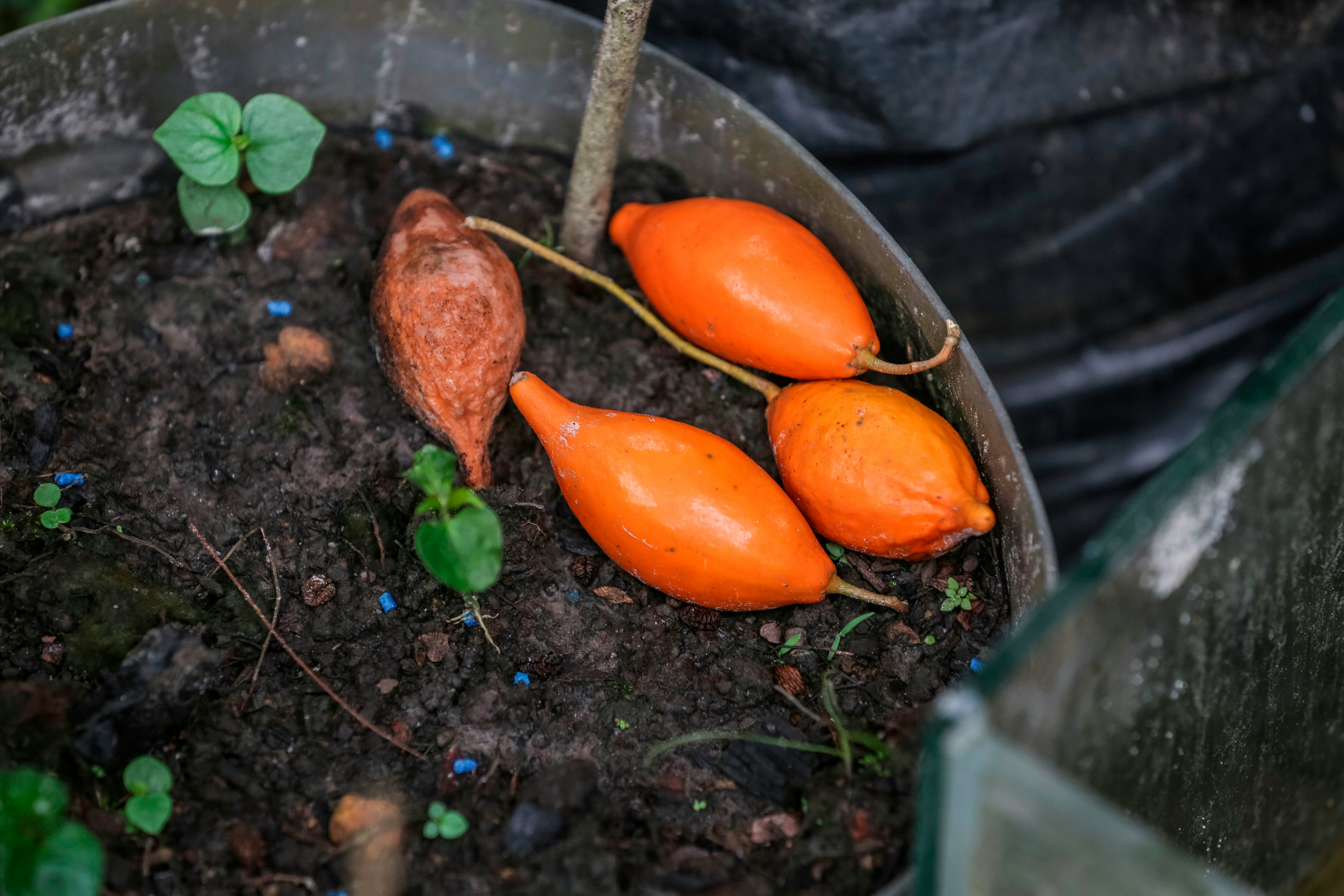
Ibogaine is currently among the buzziest psychedelics, promising to upend the landscape of mental health care and support. First discovered to curb addiction in the 1960s, the drug was declared an illegal substance by the 1970s. Now, ibogaine is making a comeback not only for treating addiction but anxiety, depression, and now traumatic brain injuries.
In a study published Friday in the journal Nature Medicine, military veterans with mostly mild traumatic brain injuries underwent a combination treatment of magnesium and ibogaine in Mexico, where the psychedelic is legal. One month following their treatment, the individuals reported feeling immense relief from symptoms associated with post-traumatic stress disorder (PTSD), anxiety, and depression, as well as improved cognition.
“No other drug has ever been able to alleviate the functional and neuropsychiatric symptoms of traumatic brain injury,” Nolan Williams, an associate professor of psychiatry and behavioral sciences at Stanford University School of Medicine, who led the study, said in a press release. “The results are dramatic, and we intend to study this compound further.”
“Living in a blizzard”
Ibogaine is a naturally occurring compound found in the roots of a shrub called Tabernanthe iboga, which is native to Central Africa and has been used for centuries for ceremonial practices.
Ibogaine acts as a stimulant in small doses but is a powerful psychedelic in large doses. What it does in the brain, however, isn’t well understood. Studies in rats show that ibogaine may increase proteins that encourage neuroplasticity, which could explain how it helps the brain rewire itself, overcoming seemingly hard-set neural patterns of addiction.
While ibogaine isn’t legal in the U.S., that hasn’t deterred a growing number of individuals from flocking to clinics in Mexico (where the substance is unregulated) seeking treatment for addiction and other mental health issues.
“There were a handful of veterans who had gone to this clinic in Mexico and were reporting anecdotally that they had great improvements in all kinds of areas of their lives after taking ibogaine,” Williams said. “Our goal was to characterize those improvements with structured clinical and neurobiological assessments.”
To do this, Williams and his colleagues at Stanford recruited 30 military veterans who had been in special operations with a history of traumatic brain injuries — a condition causing other mental health issues like PTSD, depression, and anxiety — and repeated blast or combat exposures. The participants first underwent neuro- and psychological evaluations at Stanford and, a few days later, traveled by themselves to the Ambio Treatment Clinic located in Tijuana, Mexico.
At the clinic, the group took an oral dose of ibogaine paired with an intravenous drip of magnesium to prevent any side effects to the heart and cardiovascular system, which the psychedelic is known to do. Participants also participated in some wellness activities while at the clinic, such as reiki, meditation, yoga, and massage. They were then re-evaluated at Stanford four to five days and one month after the ibogaine treatment.
The results were significant. The average disability score for the participants before the treatment was equivalent to mild to moderate disability. This changed to no disability on the one-month follow-up. The veterans also reported, on average, an 88 percent reduction in symptoms associated with PTSD, 87 percent for depression, and 81 percent in anxiety relative to before the ibogaine treatment. They also did much better on their cognitive tests with respect to overall concentration, information processing, memory, and impulse control.
“Before the treatment, I was living life in a blizzard with zero visibility and a cold, hopeless, listless feeling,” Sean, a 51-year-old veteran from Arizona with six combat deployments who participated in the study, said in the press release. “After ibogaine, the storm lifted.”
A new frontier
These findings complement other studies involving military veterans that, similarly, have found ibogaine vastly improved cognitive impairment, PTSD, anxiety, and depression.
In light of the promising research thus far, pharmaceutical companies are already gearing up to develop drugs from ibogaine. German-based atai Life Sciences made an ibogaine formulation to treat opioid-use disorder that completed an early phase clinical trial in the U.K. At the University of California, San Francisco, researchers developed an antidepressant that mimics ibogaine’s impact on the protein that transports the neurotransmitter serotonin.
Since this study was purely observational, Williams and his colleagues are interested in expanding their research to include brain imaging to see exactly what sort of structural changes or otherwise are going on. The researchers believe ibogaine could be a veritable game-changer not just for traumatic brain injuries but a whole laundry list of neurological and psychiatric conditions.
“In addition to treating [traumatic brain injury], I think this may emerge as a broader neuro-rehab drug,” Williams said. “I think it targets a whole host of different brain areas and can help us better understand how to treat other forms of PTSD, anxiety, and depression that aren’t necessarily linked to TBI.”







